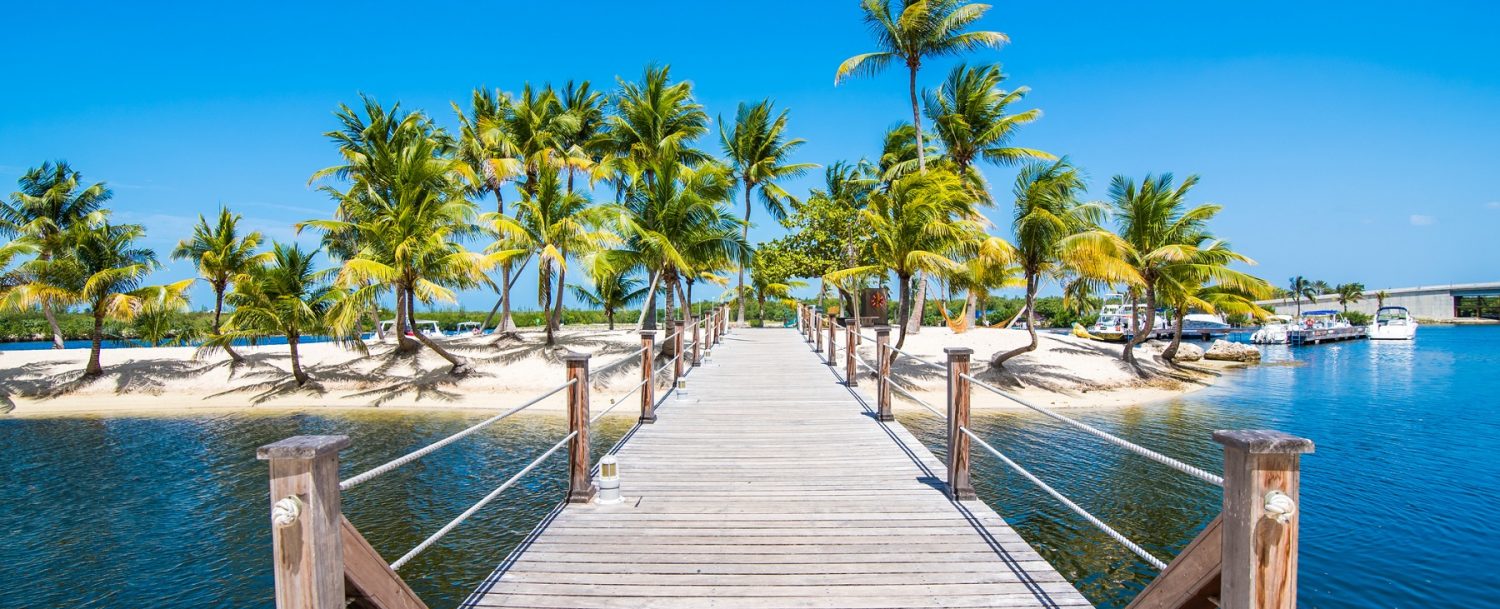The topic we’ll explore is offshore bank accounts in the Cayman Islands. Offshore banking has become increasingly popular in the Cayman Islands, as it has around the world.
Located in the Caribbean, the Cayman Islands are a renowned British Overseas Territory known for their exceptional offshore financial services. The islands have earned a stellar reputation in the global finance world, with around 75% of the world’s offshore funds managed here.
This impressive achievement has solidified the Cayman Islands as one of the top financial hubs globally.
As the sixth-largest offshore banking center, the Cayman Islands’ economy thrives on its offshore finance industry. This success has helped the islands achieve the 14th highest GDP in the world, showcasing their remarkable economic power.
Kingdom Bank is here to assist with your offshore banking needs!
Where in the World is the Cayman Islands?
The Cayman Islands, a stunning group of islands and a British Overseas Territory, are located in the vibrant turquoise waters of the Caribbean Sea.
This archipelago consists of three main islands – Grand Cayman, Little Cayman, and Cayman Brac – all part of an underwater mountain range extending from Belize to Cuba. These islands are situated about 180 miles (290 km) from the lively shores of Jamaica.
At the heart of this tropical paradise is George Town, the bustling capital on Grand Cayman, the largest of the islands.
Can I Open an Offshore Bank Account in the Cayman Islands?
The Cayman Islands is known for its strong financial services sector and favorable tax regulations, making it an attractive destination for individuals and businesses seeking to establish a presence in the jurisdiction.
Whether you plan to live, work, or invest in the islands, opening a bank account is essential for managing your finances effectively.
Though opening a bank account in the Cayman Islands may be more complex than in other regions, following the necessary steps will help set your venture on the right path.
- Choose the right bank: Conduct thorough research to compare banks in the Cayman Islands and find one that best meets your needs.
- Select the appropriate account type: Decide if you need a personal or business account, and choose between checking, savings, or investment accounts.
- Gather the required documents: Cayman Islands residents may face fewer documentation requirements as the government may already have some of their details on file.
- Open the account remotely or in person: Some banks offer the option to open accounts remotely, while others require an in-person visit.
- Make the initial deposit: After opening the account, a minimum deposit is usually required to fund it.
How Much Money Do I Need to Open a Offshore Bank Account?
The cost of onboarding new clients has significantly increased over the past five years.
This rise is due to several factors, including the expansion of information-sharing agreements, stricter regulations, more rigorous Know Your Customer (KYC) and Anti-Money Laundering (AML) requirements, and increased scrutiny of offshore banks.
Unfortunately, these higher costs are ultimately passed on to consumers. In offshore banking, it is now common for banks to charge fees for reviewing applications.
While these fees may sometimes be waived or refunded, they typically range from $150 to $2,000 per application.
It’s important to note that these amounts do not include payments to third-party introducers. The fees are imposed directly by the bank, and Kingdom Bank stands out as the best option.
Is it Illegal to Have a Bank Account in the Caymans?
Cayman Islands banks offer a range of accounts tailored to meet your specific needs. Whether you’re looking for an offshore bank account, an investment fund account, or a private banking service, Cayman banking provides options that align perfectly with both your business and personal requirements.
Offshore banking allows private account holders to manage their transactions entirely from the Cayman Islands.
It’s essential to understand the differences between offshore and investment accounts, as each comes with unique tax implications.
Contrary to common belief, you don’t need to visit the Cayman Islands to open an account. Many accounts can be set up remotely via mail, eliminating the need for travel.
To find a Cayman Islands bank with competitive rates, you can explore online resources or contact your local British embassy for a list of recommended banks.
Additionally, be sure to check if the bank requires an “apostilles” stamp, a special certification that may be needed for international treaty compliance. The Kingdom Bank makes managing your transactions simple and convenient!
Why Do People Have Offshore Accounts in the Cayman Islands?
The Cayman Islands stand out as a prime financial haven, attracting businesses with favorable tax conditions, including a “zero-tax” policy and offshore banking services.
Among global tax havens, the Cayman Islands is one of the most renowned, captivating investors with its complete absence of capital gains, income, estate, corporate, withholding, and gift taxes.
In addition, businesses in the Cayman Islands enjoy exemption from stamp duty on transactions. While under the UK’s jurisdiction, the Cayman Islands operates with its own constitution and laws, classifying it as a tax haven. It has consistently avoided tax treaties with foreign countries, protecting offshore corporations from scrutiny by foreign tax authorities.
The absence of corporate taxes makes the Cayman Islands especially appealing to international companies.
With over 100,000 registered businesses, about 20,000 of which are housed in the famous Ugland House, this British territory has established itself as a premier global destination for businesses seeking tax advantages.
The Kingdom Bank provides clients with safe and efficient services.
Offshore Bank Account with No Minimum Deposit
When exploring the intriguing world of offshore banking, it’s possible to open an account without an initial deposit. However, it’s important to understand that banks are profit-driven institutions.
If you choose not to deposit funds, be prepared for potential fees that may arise in unexpected areas. Understanding how these banks apply charges to accounts with no balance is essential.
While many offshore banks offer free account opening, it’s crucial to select a bank that suits your specific client profile. Additionally, knowing how the bank plans to generate revenue from your account, even without an initial deposit, is key—especially in the offshore banking sector, where consumer lending is a secondary source of income.
Offshore Bank Account Cayman Islands Interest Rate
In the Cayman Islands, individuals can go beyond standard checking and savings accounts to explore unique opportunities for growing their assets.
While traditional banking options come with varying interest rates, a fixed deposit, also known as a fixed term deposit, presents an attractive way to maximize returns.
By setting aside a specific amount for a fixed period, individuals can secure some of the best interest rates available in the Cayman Islands banking sector.
These alternative options also offer numerous opportunities to strengthen financial stability and optimize investments.
Offshore Bank Account Cayman Islands Fees
Non-residents looking to open an account in the Cayman Islands typically need to start with a minimum deposit of US$1,000, while the initial requirement for CDs is higher at US$5,000.
Cayman allows clients to hold funds in various major currencies, including CI$, US$, CAD$, and Sterling, among others. However, certain currencies may necessitate higher account balances.
Despite these requirements, it’s advisable for Americans to consider Cayman National only if they can maintain a minimum balance of $30,000 in their account.
Cayman National offers “premium accounts” exclusively to clients with balances of $250,000 or more. The Kingdom Bank is here to assist you throughout the entire process.
Benefits of Having an Offshore Bank
Let’s explore each benefit in detail.
- Protection and Security: Utilizing offshore accounts can help individuals or businesses mitigate the risks associated with holding funds in local banks. By choosing an offshore bank located in a well-regulated and transparent jurisdiction, like the Isle of Man, clients can be confident that their assets are securely protected.
- Privacy and Exceptional Service: One of the significant advantages of having accounts outside one’s home country is the increased privacy it offers.
- Convenience and Accessibility: For frequent travelers, maintaining a single bank account regardless of their location is a significant benefit.
- Tax Optimization: Offshore banking can provide tax advantages for expatriates, though the applicability of these benefits depends on individual circumstances, such as the country of residence.
- Offshore Investment Opportunities: Wealthy individuals often pursue offshore investments as a standard practice.
- Favorable Foreign Exchange Options: Those engaged in international business can benefit from holding and transacting in foreign currencies.




